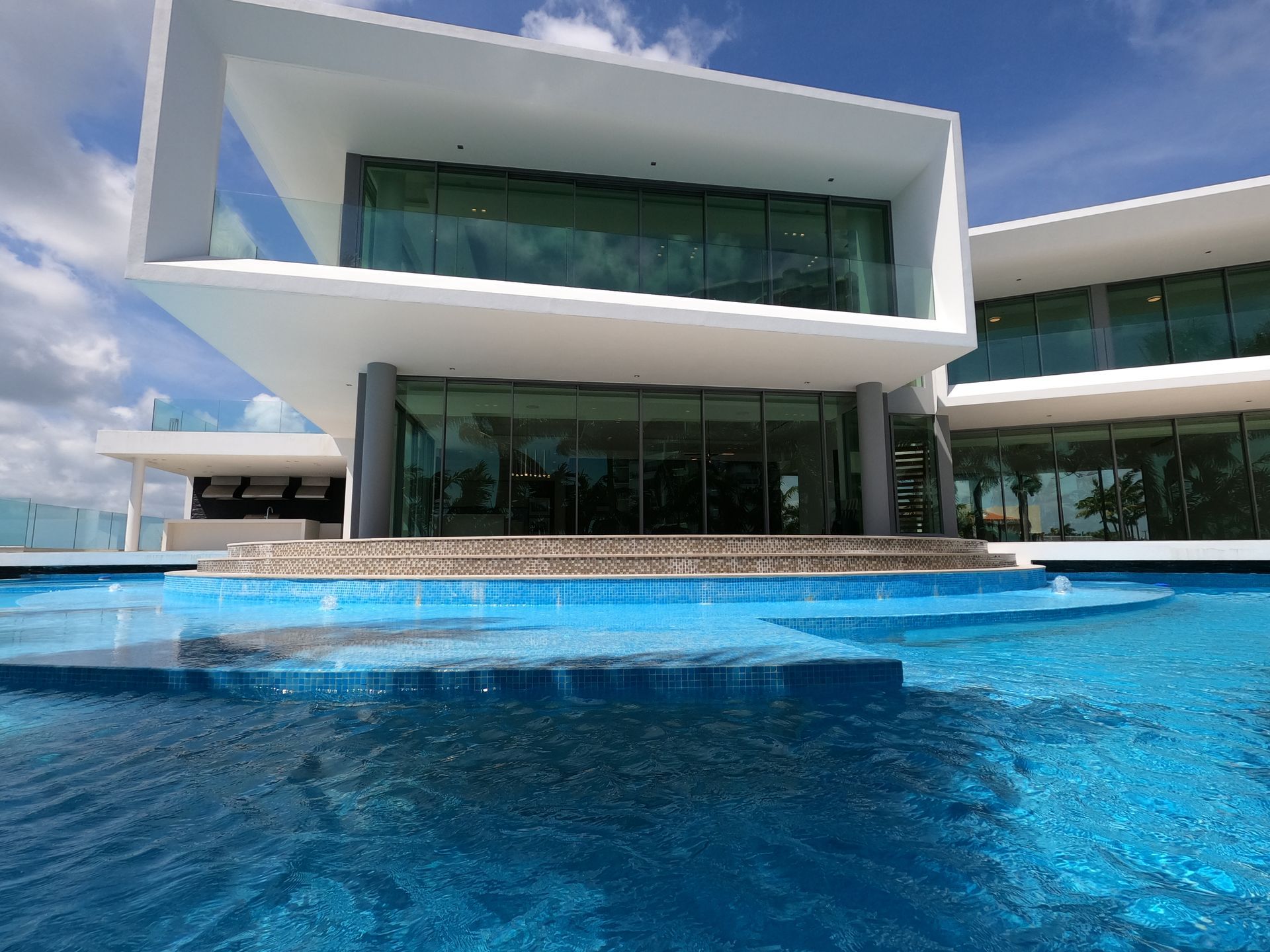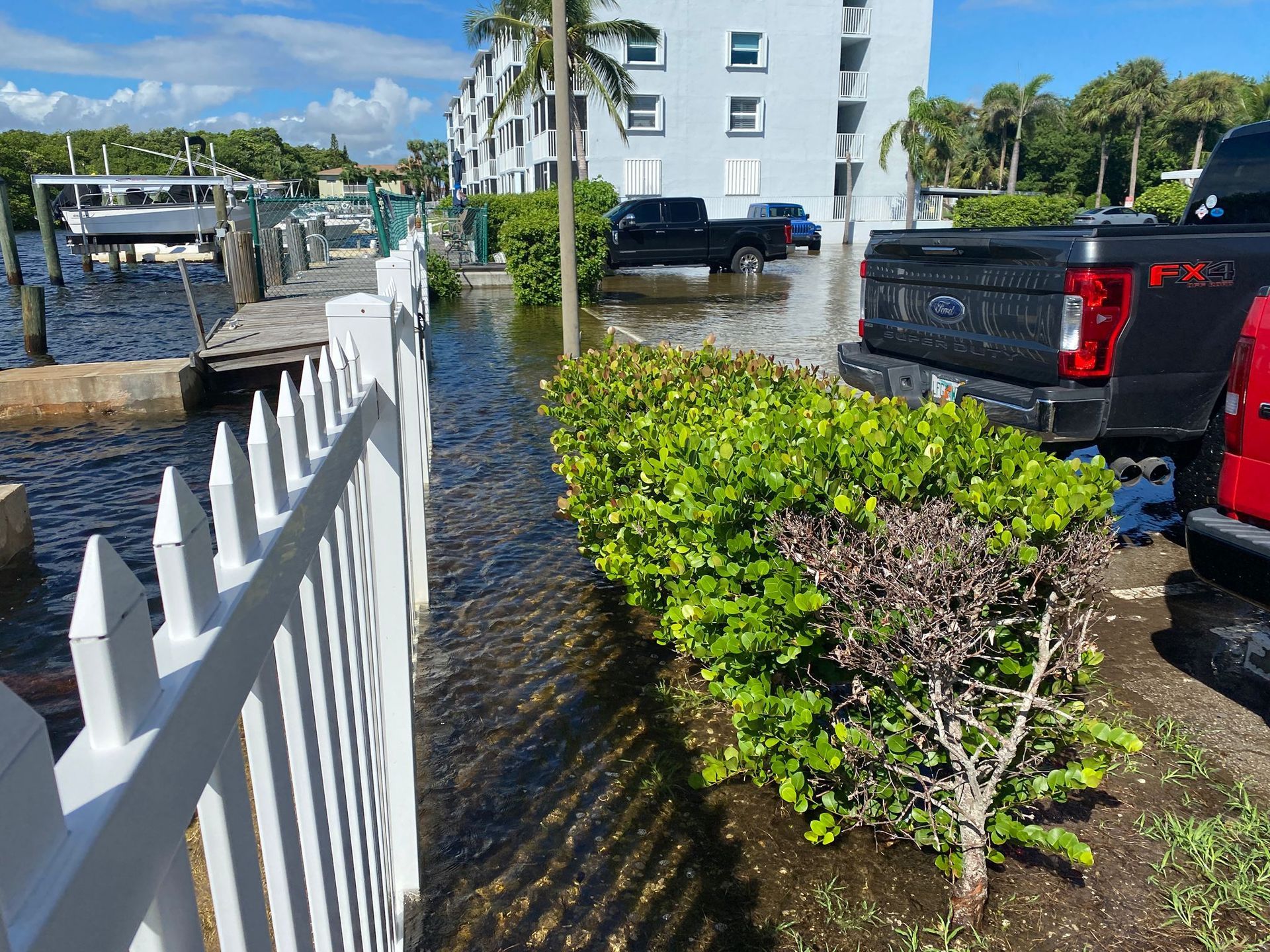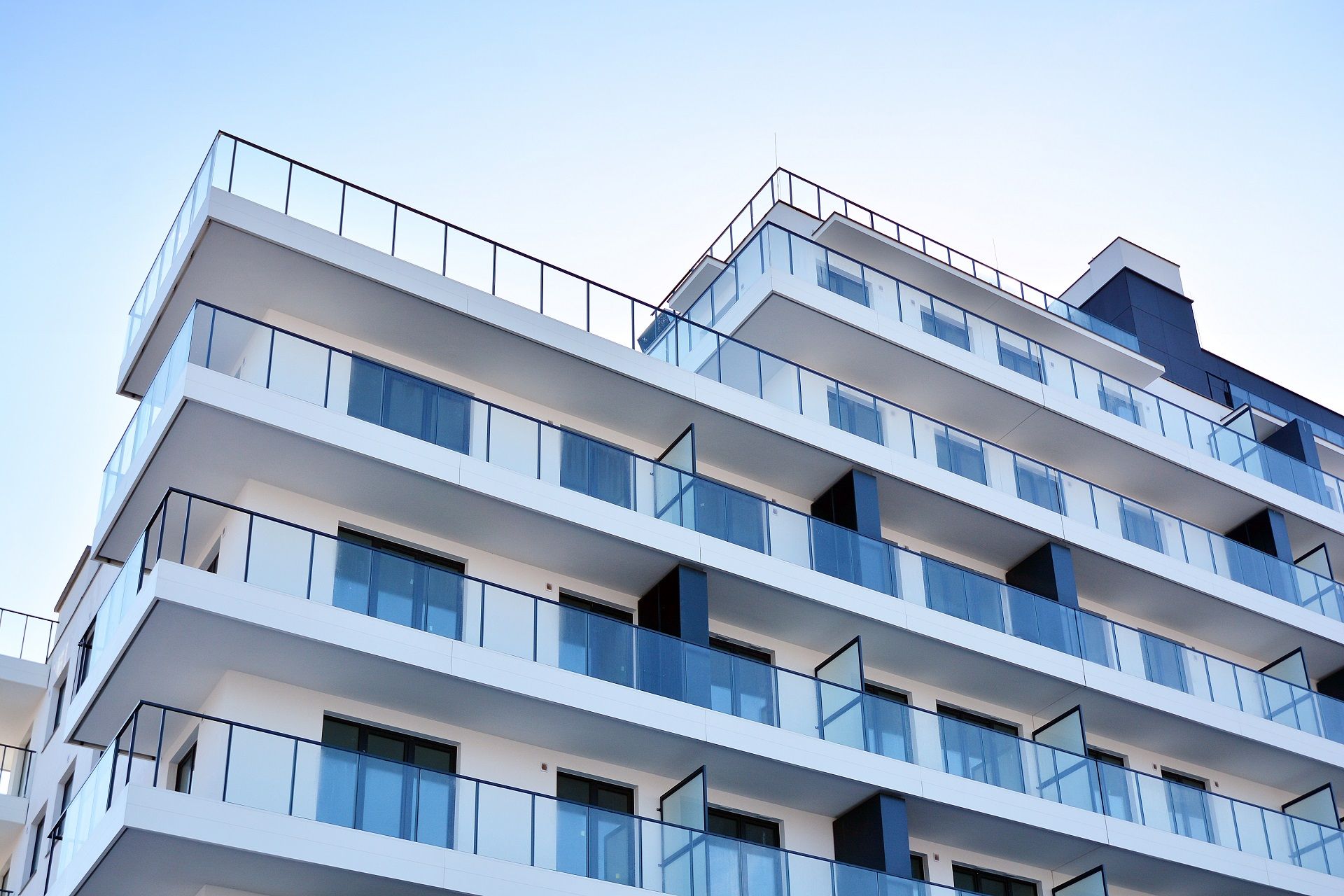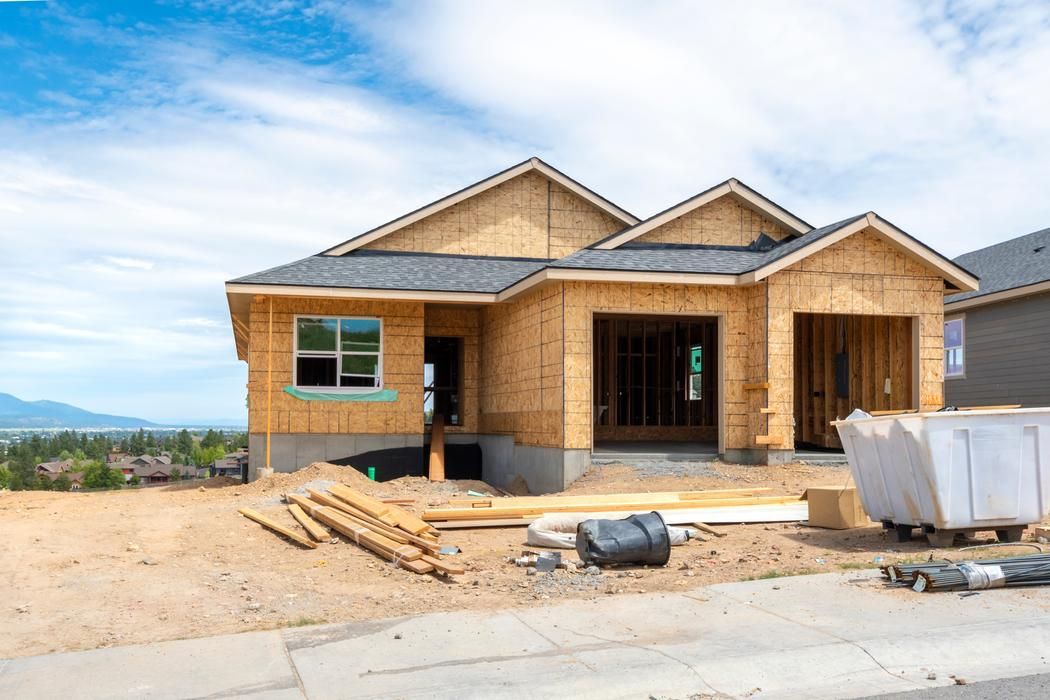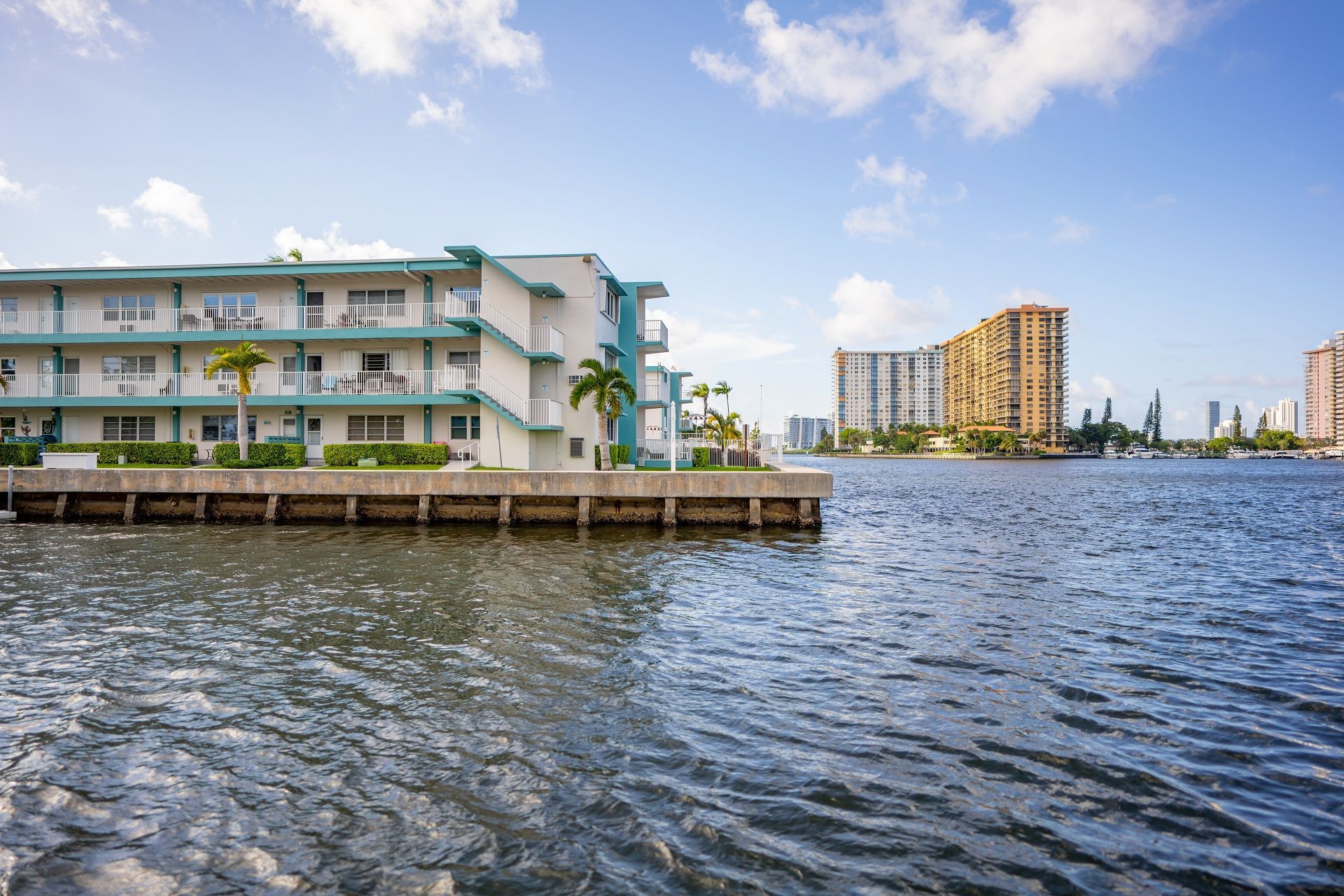What Is A New Construction Inspection And Why Some Builders May Not Like Them?
Constructing a new home is more impressive than just purchasing an existing one. You get to decide the features and the layout to truly make it your own.
While you may also assume that you’ll move into a home that’s flawless and defect-free (unlike those used properties), the reality is that new constructions often come with defects that may be tough to resolve in the future.
There’s a solution to this problem - a new construction inspection.
Similar to how you would schedule a pre-closing
home inspection when buying a used home, this one ensures that you’re getting your money’s worth out of a new construction. It helps confirm the contractor’s quality of work, provides you with an idea about potential defects, and makes certain that the contractor addresses the issues before you move in.
Continue reading to learn key aspects of a new construction inspection: what it includes, what phases it can consist of, and how it can impact your overall thought process.
What Is a New Construction Inspection?
When forking out cash for a new construction, each part of the property must be thoroughly inspected to make sure it meets structural, health, and safety standards. This doesn’t necessarily mean the contractor cut corners (mistakes can happen even to the best of them), but even tiny errors can lead to serious issues and cost thousands of dollars to remedy.
When most people think of a new construction inspection, they think of a final inspection that takes place after the home has been completed. Yet, other inspections fall under the broader category of new construction inspection, mainly foundation inspection and pre-drywall inspection.
So, in a sense,
booking a new construction inspection with a qualified inspector allows you to monitor the contractor’s work at every step of the process.
Common Issues With New Homes
There are plenty of issues that can creep up with new homes, including:
- Subpar workmanship
- Defective construction materials
- Inefficient insulation
- Electrical installation problems
- Roofing damage
- Plumbing system issues
- Structural matters
All these defects can be tough to recognize during a walkthrough inspection conducted by the builder.
Why You Should Inspect A Newly Constructed Home
Generally, what provides people with a false sense of security is the walkthrough inspection conducted by builders themselves. Even though builders are familiar with the property, there is still a possibility they can overlook some issues. As such, a walkthrough inspection is not enough.
Related issues tend to take place when a contractor subcontracts one aspect of the building process to a third-party company. Plus, they can also happen when builders fail to inspect their work while it’s still in progress.
It doesn’t help that a mandatory inspection by the county or the city carries weight in the grand scheme of things. This inspection is usually haphazardly conducted as the inspectors working for the government are often overworked and have to adhere to a strict schedule.
Why Are Some Contractors Not Fans of New Construction Inspections?
You have the full right to hire a
professional to provide an objective evaluation of a property. In some cases, the contractor may be against you scheduling a new construction inspection.
As you can guess, this is a huge red flag.
While it’s completely understandable that a contractor may be wary of someone else evaluating the quality of their work, they shouldn’t have anything to hide. If they outright reject the inspection, you may reconsider whether you want to work with them.
Phases In a New Construction Inspection
As we briefly discussed earlier, a new construction inspection covers a wide range of services taking place at various stages of construction:
- Pre-foundation Inspection
This evaluation takes place before the foundation is poured. Some of the features examined at this stage are:
- Footers and trenches
- Footing dimensions
- Quality and installation of metal components
- Position of sleeves and pipes
- Quality of pipe casings
2. Pre-drywall Inspection
An inspector can also evaluate the quality of work before the drywall is poured. This provides a perfect opportunity to carefully inspect the “skeleton” of the structure to make sure it’s structurally sound.
It may be necessary to check the following:
- Quality of the wood
- Framing
- Lighting and electrical fixtures
- Sheeting, openings, and exterior walls
- Framing connectors and fasteners
- Truss and fire-blocking ties
- Anchor bolts
- Quality of the ductwork
3. Final Inspection
Very similar to a regular home inspection, the final inspection is relatively straightforward as it takes place when the home is constructed.
The inspectors will take a look at:
- Electrical system
- Plumbing system
- Sewage
- Structure of the attic and the roof
- Floors, ceilings, and walls
- Openings (doors and windows)
- Decks, patios, porches
- HVAC system
- Water supply system
- Smoke detectors, sprinkler systems
- Various appliances
Once the inspection is done, you’ll receive a report outlining any issues. This grants the builder ample time to fix anything while the equipment is still at the site. An inspector may conduct a re-inspection after the contractor implements the changes.
Get Your Money’s Worth
It’s not unreasonable to think that hiring the best contractor ensures you’ll get a property of the highest quality. The reality is a bit different as there is always a possibility of purchasing a home filled with defects. Construction mistakes, deficient materials, and defective components are all too common with new constructions, and it’s not something you want to experience after investing so much money and time into the project.
A new construction inspection is a good preemptive measure you can take to minimize the concerns about structural defects or design issues by providing the builders with the data they need to remediate the problem before you move into the property.
Even if you missed the opportunity to schedule a pre-drywall inspection, a final inspection can prove of value and allow you to eliminate any errors before it’s too late.
The only question is who should you hire?
To get the highest amount of quality money can buy, reach out to
Certified Inspectors. As an inspection company with all the necessary qualifications and close to thirty years of operation in the construction industry, we know exactly what to look for.
Dial
(561) 570-6311 or shoot us an
email and we’ll inspect your new home ASAP.
Disclaimer: The information on this website and blog is for general informational purposes only and is not professional advice. We make no guarantees of accuracy or completeness. We disclaim all liability for errors, omissions, or reliance on this content. Always consult a qualified professional for specific guidance.
Share the post:

